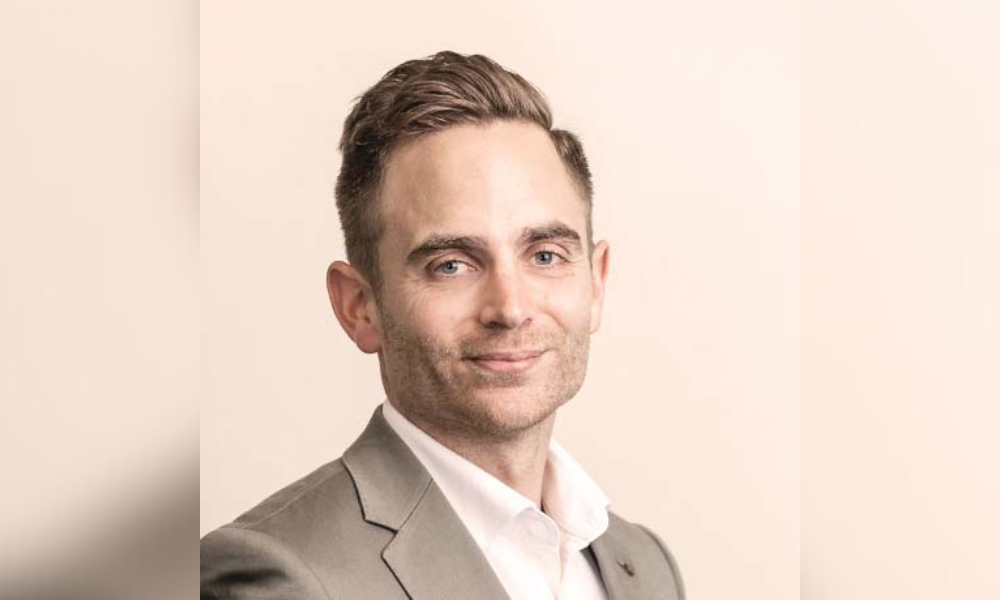
"A bad result is almost never reflective of the effort put in", Willie Hamilton says

For Willie Hamilton, a critical lesson that he has learned as a lawyer is that results don’t reflect self-worth.
The Chapman Tripp senior associate, who is part of the firm’s litigation and dispute resolution team in Christchurch, urges fellow lawyers to learn from the good and the outcomes, and then “dump them and move on”.
In this interview, Hamilton talks presenting a clear and concise story, being involved in Chapman Tripp’s Community Programme, and criticisms against the “younger generation” of lawyers.
What made you choose a career in law, and what's your favourite part of the job?
Law chose me more than I chose it, really. I began my law degree not knowing whether I wanted to practice, but spent a summer clerking at a provincial firm in my hometown of Blenheim which convinced me I should give it a go.
I graduated in 2007 and have spent my entire career in civil litigation roles in New Zealand. I can’t imagine doing anything else. Advocacy is my favourite part of the job. I love the process of investigating and interrogating the available information, building and evaluating an argument, and then the challenge of presenting a story that is clear, concise, and easily understood.
What is going on at the organisation? Are there any new programs and initiatives that you’re particularly interested in?
I am particularly keen on Chapman Tripp’s Community Programme, which is a key pillar of the firm’s strategic plan. The key objectives are a commitment to vulnerable New Zealanders and supporting young New Zealanders through training and education, reducing our own environmental impacts and promoting innovative and more sustainable practices, acknowledging the importance of a strong arts and cultural environment, and facilitating access to justice for those who do not have it.
What has been your proudest accomplishment in the last year or so? Or what’s the biggest lesson you learned in the past year and what advice can you give fellow lawyers about it?
A big lesson (one which I have been very slow to learn) is not to associate results with self-worth or take the negative results too personally. Litigation, ultimately, produces win/lose results if not settled. A bad result is almost never reflective of the effort put in. Take the lessons from the good and the bad results, then dump them and move on.
What should the profession focus more on?
We need to continue to focus on wellbeing, and to weigh contributions by more than just chargeable hours. I started in regional practices in 2007/8; practicing was still email-based, but email wasn’t the primary means of communication in the same way it is now. I think there have been two key changes as a result: civil litigation practice has become more adversarial; and the pace at which we are being required to work has quickened immeasurably. There are still attitudes in the profession that the “younger generation” aren’t working as hard as the previous because they are reluctant to work the same number of hours. Given the way law is practiced now, I don’t think that is necessarily a reasonable comparison.
What are the challenges you expect in your practice, and in the business of law in general, going forward? What challenges are particularly pressing in the country’s legal industry?
Nationwide: access to justice. The recommendations made by the Rules Committee in its 2022 report on access to civil justice are eminently sensible and I hope they are adopted.
What are you looking forward to the most in the coming year?
This is probably a really boring answer, but I have a couple of large, challenging cases that I am looking forward to progressing.
If you weren’t in law, what do you think you’d be doing as a career?
I had to answer this question for a website profile years ago. My answer then was that I’d be writing about boxing for The Ring magazine. The Ring isn’t published any more (a sign of the times, I guess), but this is still my answer.